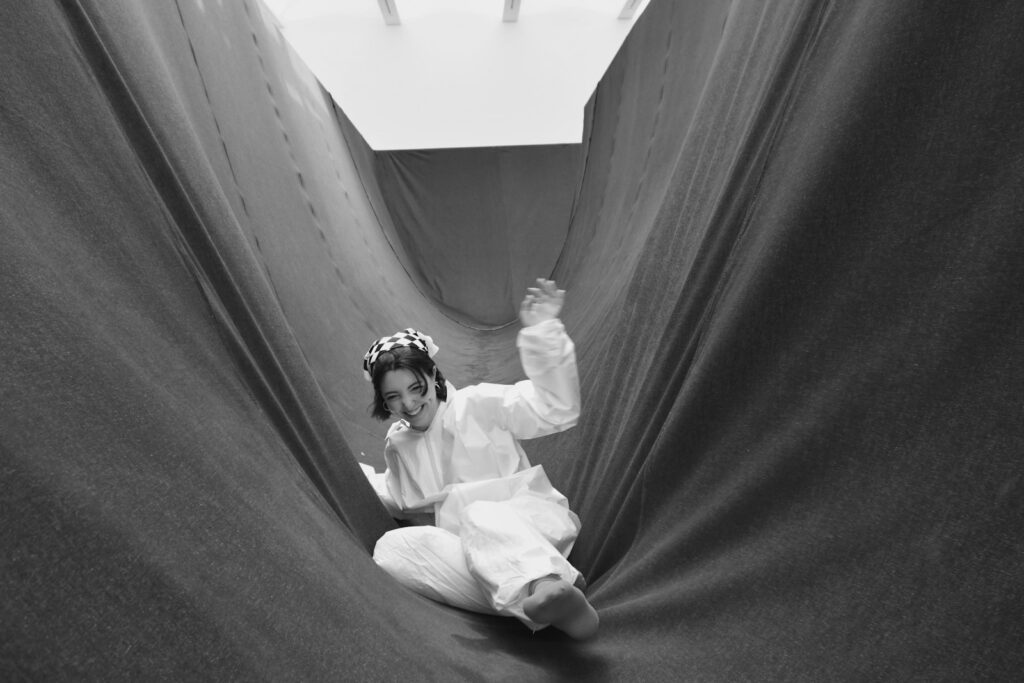
You can learn a great deal about a person without them saying much. It’s in the way they treat someone who can’t offer them anything, how they act when things go wrong, or the tone they use when they’re tired. Big moments are easy to fake. It’s the small, ordinary ones that tell the truth. Character isn’t loud or obvious—it shows up quietly, when no one’s trying to prove anything.
How They Treat Service Staff

Observe how someone interacts with a cleaner, a server, or a delivery person. A thank-you doesn’t cost anything, yet some people act like it does. Those who make eye contact, smile, and mean it carry a certain warmth. You can’t fake that for long. The tone they use in small exchanges says more than any story they tell about being kind.
How They Handle Waiting

Patience shows up in quiet spaces. Standing in a slow line, stuck in traffic, waiting for an answer—these moments are character thin. Some people turn restless, tapping phones and muttering complaints. Others breathe, knowing life doesn’t move faster by forcing it. You can tell a lot from how someone fills a pause they can’t control.
What They Do When They’re Wrong

Everyone slips up, but not everyone owns it. Some twist the story, find someone else to blame, or pretend it never happened. The ones who say, “Yeah, that was on me,” without making it dramatic—they stand out. It takes humility to admit fault without turning it into a performance. That’s where honesty quietly lives.
How They Talk About Others

You can feel someone’s nature in the way they describe people who aren’t around. Do they build others up or pick them apart? Small jokes, rolled eyes, casual digs—they tell on us. A person who can admire someone’s success without envy or cruelty shows a kind of grounded confidence. The tone behind their words always reveals more than the words themselves.
Their Reaction to Inconvenience

When the coffee spills or a plan falls through, most masks slip. Some grumble, some laugh, some make everyone else feel worse. It’s not about perfection—it’s how they handle small chaos. Grace under mild stress is a better test of character than any speech about resilience. You see the truth in how they manage what they can’t fix.
How They Treat Animals

Someone gentle with a stray dog or careful not to step on an ant reveals something simple yet profound. It’s about awareness—seeing life beyond their own. You can tell when care comes naturally, not from wanting to look good. The small kindnesses, the unthinking gestures, reveal who’s kind even when no one’s keeping score.
Their Tone with Parents or Elders

A person’s patience with their parents says more than they realize. The sigh in their voice, the quick temper, or the quiet respect—it all spills out. How they handle familiar frustration shows their real nature. Some people stay kind even when it’s hard. That steadiness doesn’t show up in achievements; it shows up in family calls that run long.
How They Handle Other People’s Joy

Some people cheer loudly when someone else wins. Others shrink a little. Genuine happiness for others is harder than it seems. It’s easy to smile, harder to mean it when you’re still waiting for your own turn. Those who celebrate without comparison carry a rare kind of maturity. You feel safer around people who don’t compete for joy.
Their Behavior When They Have Power

Give someone even a little power—a team, a title, a role—and watch what they do with it. Some use it to control; others use it to lift. How a person treats those who can’t benefit them says everything. Ego tends to leak through authority, but kindness under power? That’s deliberate. That’s character at work when no one’s grading it.
The Way They Listen

Listening sounds simple, but most people only wait to speak. Someone who actually hears you—who remembers what you said last week—makes space for connection. You can tell when a person values your words, not just their turn. The small nods, the pause before they answer, the follow-up question—those are signs of respect in motion.
How They Spend Their Free Time

Character often hides in the quiet hours. When there’s no audience, no obligation, what do they choose? Some rest, some learn, some help quietly. Others fill every gap with distraction. It’s not about productivity; it’s about intention—the things someone does when they don’t have to tell you what matters most to them.
Their Response to Embarrassment

Embarrassment strips away the act. When someone trips over their words or makes a mistake in front of others, their reaction shows everything. Some laugh it off, some lash out, some vanish. The ability to remain human in awkward situations—to smile and keep going—shows a comfort with imperfection. That kind of ease is rare, and it’s honest.
How They Handle Gossip

Gossip tests restraint. It’s easy to join in, to feel part of the circle. But watch who changes the subject or refuses to add fuel. That quiet choice not to participate takes more strength than people notice. Character often appears as silence when everyone else craves noise. You don’t need to make a scene to draw a line.
Their Behavior When They’re Tired

Fatigue loosens filters. Late nights, long weeks—that’s when the real attitude shows. Some stay considerate, even when drained. Others let impatience take the wheel. You can tell who’s built on empathy because it doesn’t switch off with energy levels. Tiredness makes the mask heavy; only genuine kindness stays light.
What They Do When No One’s Watching

This one’s simple. Who are they when the door closes, when the phone’s down, when there’s no one to impress? Integrity lives in those quiet spaces. The way someone behaves when unseen is the truest version of them. It’s the small, unseen choices—the ones that never get noticed—that build the person you’re really dealing with.

